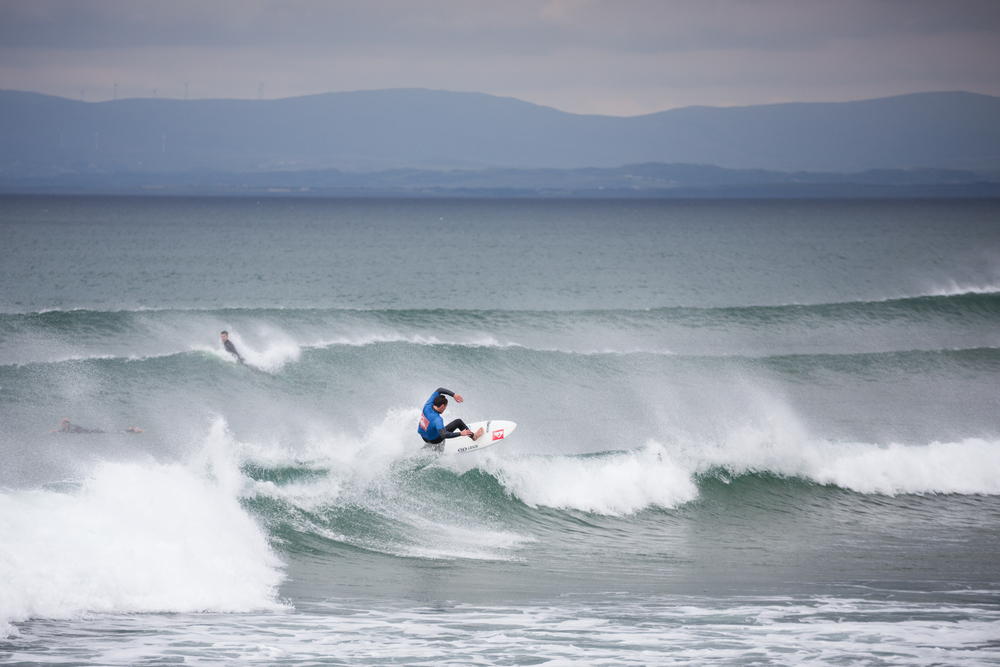Ibec’s Food Drink Ireland calls for supports for Ireland’s exposed food and drinks sector as Brexit looms closer.
Ireland’s €4.5bn food and drink sector is by far the most exposed sector of any sector in Europe to Brexit, Ibec has warned, urging the Government to develop specific supports for the sector.
In its latest economic analysis focusing on the food and drink sector, Ibec pointed out that the sector is bracing itself for the negative impact of Brexit and called for supports from wage subsidies to efforts to improve export capabilities and help firms to diversify and innovate.
“Irish food products account for seven of the ten most exposed country/food and drink product matches in the EU”
“The Irish food and drink sector is by far the most exposed of any sector in any country in Europe to Brexit – deal or no deal,” said Paul Kelly, director of Food Drink Ireland (FDI).
“Supports are urgently needed not just to save companies within the food and drink sector, but also the jobs, communities, and downstream suppliers reliant on them, including the farming sector and its longer-term sustainability.
“In 2019, over 37pc of Irish food and drink exports, valued at €4.5bn, went to the UK market. In contrast, other member states typically see less than 10pc of their food and drink exports go to the UK market. Irish food products account for seven of the ten most exposed country/food and drink product matches in the EU, with significant additional costs for Irish food and drink companies potentially arising from additional customs procedures, regulatory burdens, and rising transport costs.”
Employment multiplier effect
Kelly pointed out that the sector has a high employment multiplier effect, supporting employment in other divers sectors of the economy.
“Over the past decade, the food and drink sector has spent over €120bn in payroll and purchases in the Irish economy, accounting for 45pc of the total of all manufacturing exporters.
“€82bn of this amount was purchases of materials from primary producers and other domestic firms in their supply chain. Intermediate purchases made by food and drinks producers from the agriculture sector in 2012 made up 85pc of the total external product flows from the agricultural sector.
“This level of purchasing is the main facilitator of farm incomes and investment in the Irish economy. Failure to address the serious economic disturbance that will follow the end of the Brexit transition period would have devastating effects on the wider economy,” Kelly said.
The report holds that funds amounting to 5pc of the value of current annual export sales to the UK will be needed annually from domestic and EU sources for at least three years.
FDI argues that these state aid supports and funds drawn from the EU’s €5 billion Brexit Adjustment Reserve should be targeted as follows:
- Short term measures such as re-introduction of the Temporary Wage Subsidy Scheme for Brexit-impacted firms in a no-deal scenario;
- Help firms invest in enabling technology, management training and upskilling, plant renewal and expansion, refinancing, market development and innovation to regain competitiveness;
- Additional funding for direct grant supports for innovation, marketing and trade promotion for companies looking to build new markets in the EU and internationally
- Direct connectivity to continental markets – Ensure sufficient accompanied roll on/roll off capacity for direct ferry routes to the continent.
- Customs skills – provide direct supports to cover the additional ongoing costs associated with developing and maintaining customs clearance capability. These supports will be required throughout the remainder of 2020 and 2021.
The report also pointed out that a Tariff Support Mechanism will be required in the event of no-deal in the form of a fund to offset the tariff amount imposed by the UK on the most exposed sectors.
“This would allow industry to keep trading with our UK customer base, maintain our UK market position and avoid massive displacement of produce onto EU markets with consequent price collapse. The fund should also offset the impact of EU tariffs on indigenous manufacturers importing critical raw materials.”
By John Kennedy (john.kennedy3@boi.com)
Published: 12 November, 2020






